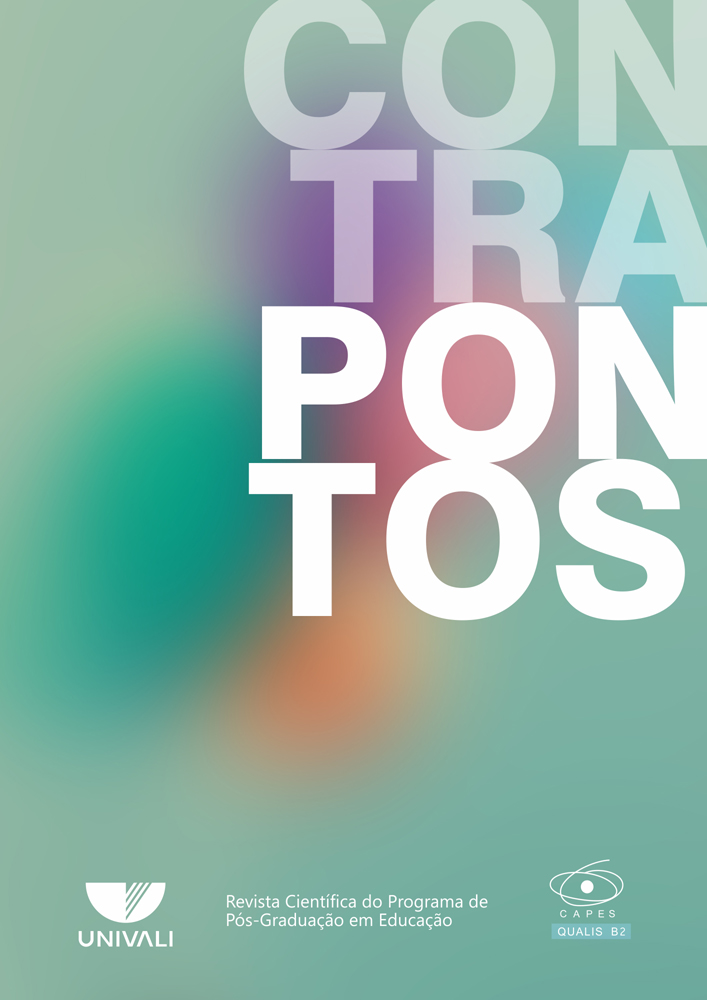
This study analyzes the racialized representations of the black character “Pimpo” and his family and the pedagogical dimensions of four Comics published in the children’s magazine Cacique, in 1954. The main objective is, from the theoretical approach of Cultural Studies, denaturalize and problematize the specifi c meanings attributed to representations of the body of black characters in comics and to their behavior and attitudes. Among the research results,the pedagogical potential of children’s magazines and comic books stands out, producing and disseminating ways of being a child among readers. In the particular case of representations about the black character Pimpo, in the comics of Revista Cacique, it is considered that his representations are marked by a certain ambiguity of meanings and senses. On the one hand, the character Pimpo was reduced to stereotyped and stigmatized representations, as a “toddler”, lazy, mischievous, racially marked by the diff erence in the black color of his skin, his curly hair, bulging eyes and prominent lips. On the other hand, he was humanized, shown living with his white family and friends and a brown cousin, apparently integrated, within the premises of the racial democracy in force at that time.




Copyright (c) 2022 Revista Contrapontos
This work is licensed under a Creative Commons Attribution 4.0 International License.





